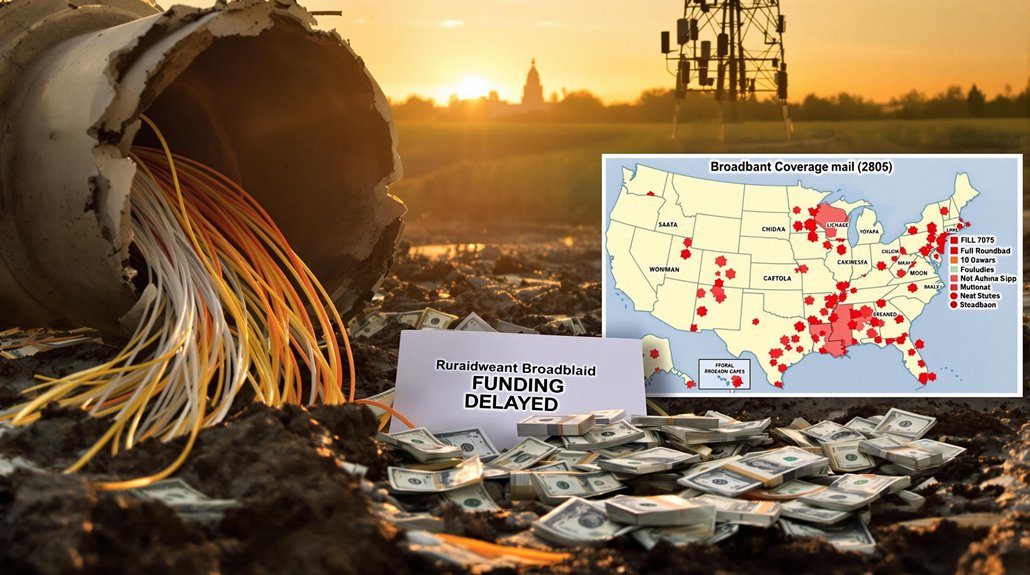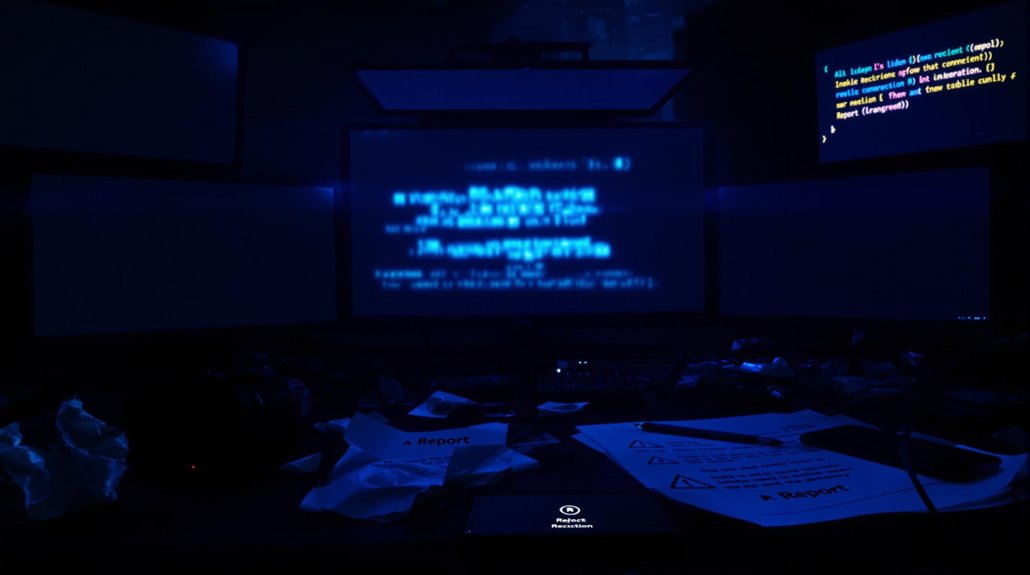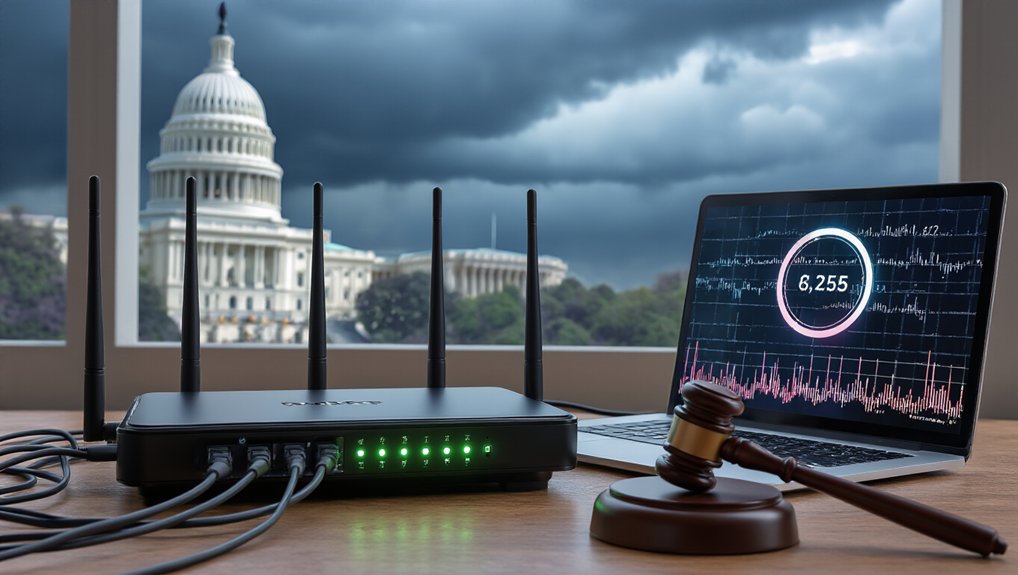After spending two years and countless hours planning their broadband rollouts, states just got told to scrap everything and start over. The federal government dropped a bombshell: ditch the fiber-first approach and go “technology neutral” or kiss billions in broadband funding goodbye.
States scrapped two years of fiber-optic broadband plans after feds demanded technology neutrality overnight.
Washington state had hundreds of applications ready to go. All nullified. Wisconsin was set to distribute over a billion dollars. Now they’re scrambling to rewrite the rules. Twenty-two states are so mad they filed a lawsuit in June 2025, calling the move an administrative disaster that causes “immediate and significant harm.”
Here’s what happened. The feds originally told states to prioritize fiber-optic cables – you know, the gold standard for internet speed and reliability. States spent years mapping underserved areas, reviewing applications, and promising communities they’d finally get decent internet.
Then Commerce Secretary Lutnick and his team decided to shake things up. Their new mantra? Let the “full force of the competitive marketplace” decide.
Translation: satellite internet and fixed wireless are now on equal footing with fiber. Critics smell something fishy, pointing out this conveniently benefits companies like Starlink. Funny how that works.
The $42.45 billion at stake isn’t pocket change. For states like Washington, losing $1.2 billion in federal grants would crater their broadband plans. Rural communities waiting for reliable internet? They’ll keep waiting while bureaucrats reshuffle paperwork.
States say they weren’t even warned about the policy shift until April 2025. Imagine working on a massive infrastructure project for two years, then finding out the rules changed overnight. Local governments and broadband providers who submitted applications are stuck in limbo. The administration created the Department of Government Efficiency specifically to slash federal spending, with an estimated $180 billion in targeted cuts.
The administrative burden alone is staggering – every application needs rescoring under the new criteria. Commerce promises all rural broadband funds will be awarded by year’s end. States aren’t buying it.
They argue the abrupt changes violate administrative norms and disrupt critical infrastructure projects. Some states now face an impossible choice: accept potentially less reliable or costlier technologies, or walk away from federal money their communities desperately need. Meanwhile, construction costs have doubled in the last five years, making every delay exponentially more expensive.
The lawsuit continues. The clock’s ticking. And millions of Americans still can’t stream a video without buffering.
References
- https://regionalcouncils.ny.gov/press-release/governor-hochul-announces-connectall-request-bring-broadband-hardest-serve-areas
- https://www.benton.org/blog/22-states-filed-new-suit-challenging-trump-administration-what-does-it-mean-broadband
- https://capitalpress.com/2025/06/06/commerce-secretary-promises-broadband-funding-by-end-of-year/
- https://www.opb.org/article/2025/06/27/trump-administration-washington-state-1-billion-broadband-program-rules/
- https://www.techdirt.com/2025/08/01/trump-infrastructure-bill-revamp-to-net-jeff-bezos-elon-musk-billions-in-new-subsidies-for-broadband-they-cant-really-deliver/









